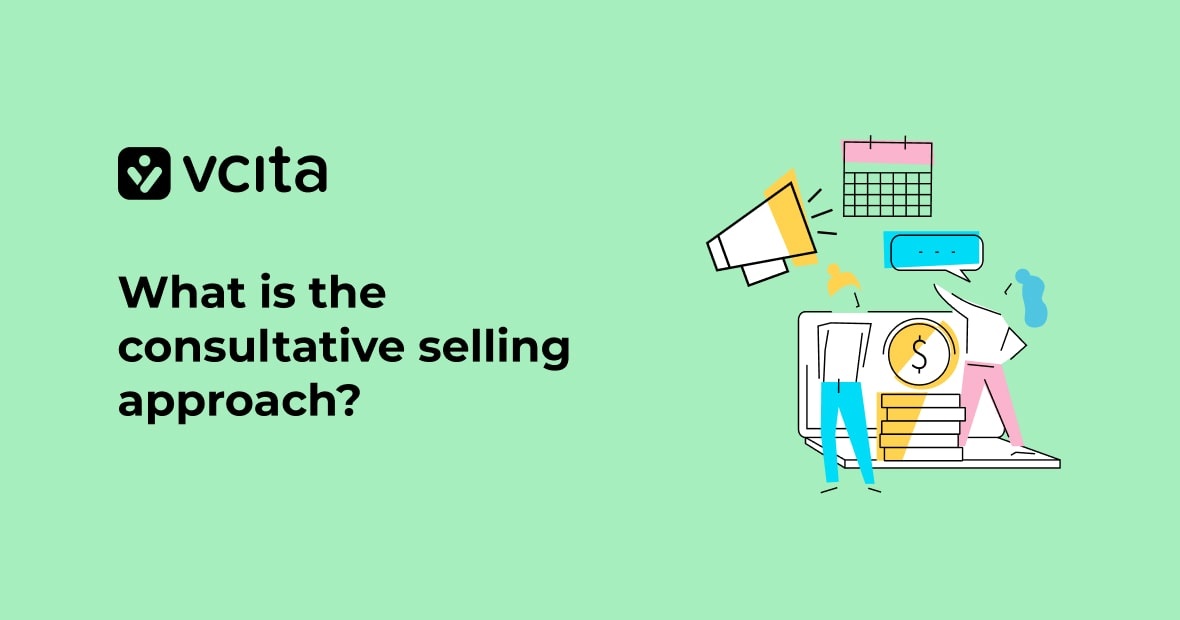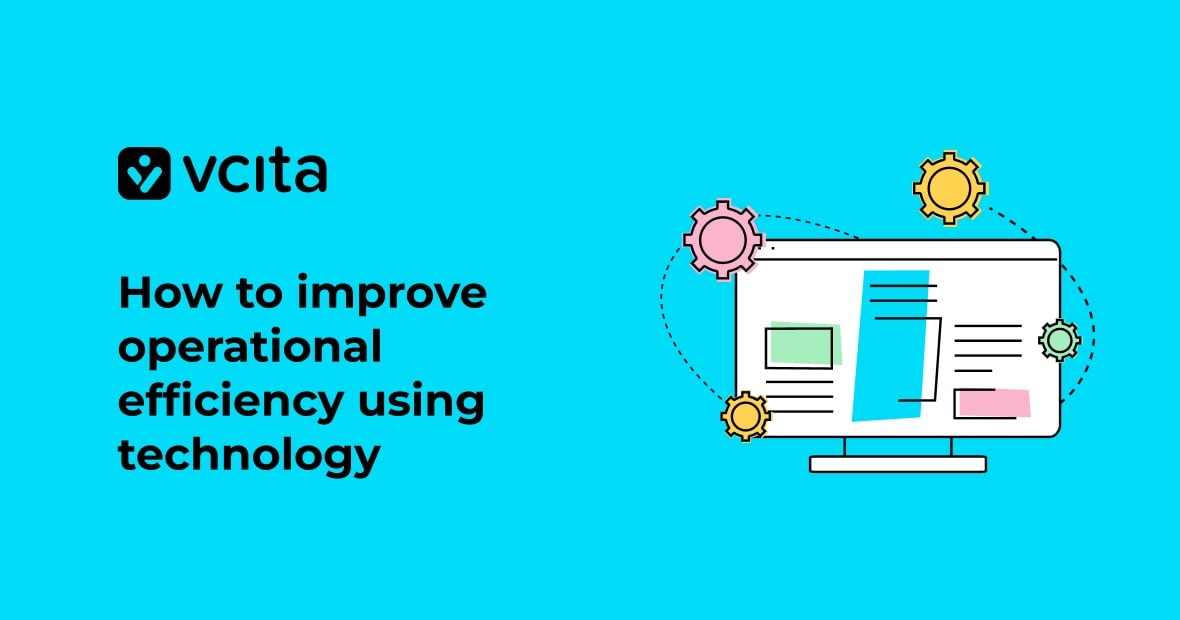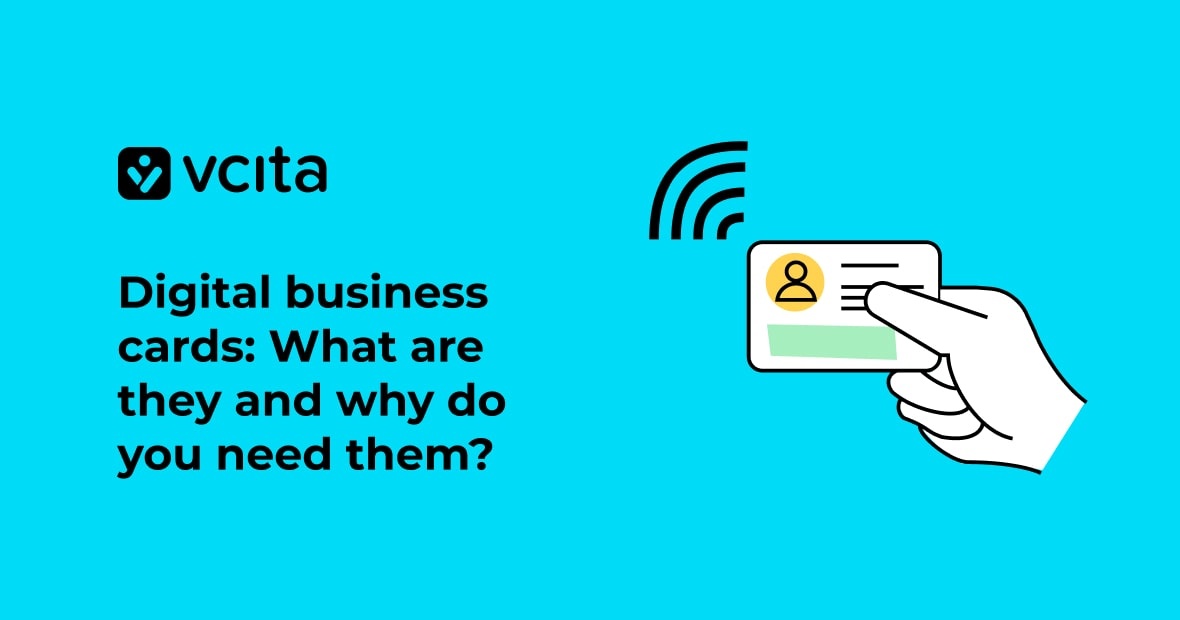Forget those pushy traditional sales tactics. It’s time to embrace the consultative selling process and watch your revenue soar. By focusing on relationship building and truly understanding your customers’ pain points, you’ll transform your sales team into trusted advisors.
This approach isn’t just about pushing a product or service; it’s about leading the conversation and becoming a problem-solver for your clients. In this article, we’ll dive into case studies, share proven techniques, and equip you with the sales skills to win over decision makers.
What is consultative selling?
Consultative selling is a game-changer in the world of sales. It’s not your run-of-the-mill, pushy sales approach. Instead, it’s all about building relationships and truly understanding your customers’ needs. Let’s dive into what makes this strategy tick.
The heart of consultative selling
At its core, consultative selling is about becoming a trusted advisor to your clients. You’re not just there to sell a product or service; you’re there to solve problems. This approach involves:
- Actively listening to your customers
- Identifying their pain points
- Offering tailored solutions
It’s a far cry from traditional sales techniques that focus solely on closing deals. With consultative selling, you’re in it for the long haul, fostering customer relationships that stand the test of time.
The consultative sales process
The consultative selling process is all about leading the conversation in a way that uncovers your client’s true needs. Here’s how it typically unfolds:
- Research and preparation
- Asking open-ended questions
- Active listening and analysis
- Proposing customized solutions
- Following up and nurturing the relationship
This process helps sales reps build trust and establish themselves as valuable partners, rather than just another vendor.
Why it works
Consultative selling works because it aligns perfectly with how modern decision-makers want to buy. They’re looking for:
- Expertise and insight
- Solutions to specific problems
- Long-term partnerships
By focusing on these aspects, consultative sellers can differentiate themselves in a crowded market. Plus, this approach often leads to higher customer satisfaction and loyalty, which is music to any small business owner’s ears.
Consultative sales explained
The consultative sales process is a customer-centric approach that focuses on forging connections and solving problems. Mastering this technique can significantly boost your sales and customer loyalty. Let’s break down the key elements of this powerful strategy.
-
Understand your customer’s needs
At the heart of consultative selling is the ability to truly understand your customer’s pain points. This goes beyond surface-level problems and dives deep into the core issues affecting their business. To do this effectively, you need to:
- Ask open-ended questions that encourage detailed responses
- Practice active listening to pick up on subtle cues
- Show genuine interest in their challenges and goals
Remember, your goal is to lead the conversation towards uncovering needs that your product or service can address.
-
Building trust through expertise
Consultative sellers position themselves as trusted advisors rather than just sales reps. To build this trust:
- Share relevant case studies that demonstrate your problem-solving abilities
- Offer insights and industry knowledge that add value to the conversation
- Be honest about what your product can and cannot do
By focusing on relationship building, you’ll create a foundation of trust that can lead to long-term partnerships.
-
Tailoring solutions
Once you’ve identified the customer’s needs and established trust, it’s time to present your solution. But unlike traditional sales approaches, consultative selling involves:
- Collaborating with the customer to develop a tailored solution
- Addressing specific pain points with features of your product or service
- Demonstrating how your offering aligns with their business goals
By customizing your approach, you show decision makers that you’re invested in their success, not just making a sale.
Remember, the consultative selling process is about creating win-win scenarios. When done right, it transforms your sales team into problem-solvers, setting your small business apart in a competitive market.
How to build trust and relationships with customers
Building strong relationships with customers is the cornerstone of the consultative selling approach. Here’s how to create lasting partnerships that drive sales and foster loyalty.
-
Listen more, talk less
One of the key sales skills in consultative selling is active listening. Instead of dominating sales conversations, encourage your customers to share their thoughts and concerns. Use open-ended questions to dig deeper into their pain points and needs. Remember, the goal is to understand their unique situation, not to push your product or service right away.
-
Demonstrate value
Position yourself as a trusted advisor by sharing valuable insights and industry knowledge. This could involve discussing relevant case studies, offering personalized recommendations, or providing educational content. By demonstrating your expertise, you’ll build credibility and show that you’re invested in your customer’s success.
-
Be authentic and transparent
In today’s market, authenticity goes a long way. Be honest about what your product or service can and can’t do. If it’s not the right fit for a customer, say so. This level of transparency might seem counterintuitive, but it actually builds trust and respect. Customers appreciate honesty, and it can lead to positive word-of-mouth referrals.
-
Follow through on commitments
Nothing erodes trust faster than broken promises. If you say you’ll send information by Friday, make sure it’s in their inbox before the deadline. Consistently meeting (or exceeding) expectations shows reliability and reinforces your commitment to the customer relationship.
Asking the right questions to understand pain points
In the consultative selling process, asking the right questions is crucial for uncovering your customer’s pain points. By leading the conversation with thoughtful inquiries, you’ll gain valuable insights that can help you tailor your product or service to meet their specific needs.
The power of open-ended questions
Open-ended questions are a consultative seller’s secret weapon. Unlike traditional sales approaches that rely on yes-or-no queries, open-ended questions encourage prospects to share more detailed information. This approach allows you to dig deeper into their challenges and aspirations, providing a solid foundation for your sales conversations.
For example, instead of asking, “Do you need help with customer management?” try “How do you currently handle customer relationships, and what challenges are you facing?” This invites the prospect to open up about their specific pain points, giving you valuable information to work with.
Revealing needs that go unnoticed
Sometimes, decision makers aren’t fully aware of their own pain points. Your role as a sales professional is to help them identify these issues through strategic questioning. Consider asking questions like:
- “What’s keeping you up at night regarding your business operations?”
- “If you had a magic wand, what would you change about your current processes?”
- “How do you see your business evolving in the next five years?”
These questions can reveal underlying concerns that your product or service might address, even if the prospect hadn’t initially considered them.
Building trust through active listening
As you ask these probing questions, practice active listening. Show that you’re fully engaged by summarizing what you’ve heard and asking follow-up questions. This demonstrates your commitment to understanding their unique situation, and positions you as a trusted advisor rather than just another salesperson.
Presenting solutions, not just products or services
In the consultative selling process, your goal isn’t to push a product or service onto your customer. Instead, you’re there to offer solutions to their specific challenges.
Focus on pain points
When you’re in sales conversations with decision makers, resist the urge to immediately launch into a pitch about your offering. Instead, use your sales skills to uncover their pain points. Ask open-ended questions that encourage them to share their struggles and aspirations. By truly understanding their needs, you’ll be better equipped to present your product or service as the perfect solution.
Tailor your approach
Once you’ve identified your customer’s challenges, it’s time to craft a personalized solution. This is where your expertise as a sales professional shines. Draw on your knowledge of your product or service to explain exactly how it addresses their specific pain points. Use case studies to illustrate real-world examples of how your solution has helped similar businesses overcome comparable challenges.
Build trust through education
Remember, consultative selling is about building relationships, not just closing deals. Take the time to educate your prospect about their options, even if it means discussing alternatives to your own offering. This approach demonstrates your commitment to their success and helps build trust.
Lead the conversation to solutions
As you guide the discussion, steer it towards how your product or service can solve their problems. But don’t just tell them – show them. Use demos, trials, or interactive presentations to let them experience the solution firsthand. This hands-on approach can be far more convincing than any sales pitch.
Why consultative selling leads to higher sales
Building trust through relationship-focused selling
In today’s competitive business landscape, the traditional “hard sell” approach doesn’t cut it anymore. Consultative selling focuses on building strong customer relationships and understanding their unique pain points before offering a solution.
When you take the time to truly understand your customers’ needs, you’re better equipped to offer tailored solutions that genuinely address their challenges. This approach not only increases the likelihood of closing a deal but also fosters long-term customer loyalty. After all, who wouldn’t want to work with a sales professional who actually listens and cares about their success?
Uncovering hidden opportunities
One of the key advantages of consultative selling is its ability to unearth opportunities that might otherwise go unseen. By asking open-ended questions and actively listening to your prospects, you can identify pain points they might not even be aware of. This deeper level of understanding allows you to present your product or service as the perfect solution to problems they didn’t even know they had.
Moreover, consultative sellers often find themselves in a position to upsell or cross-sell additional products or services that complement the initial offering. By thoroughly understanding the customer’s business and goals, you can recommend comprehensive solutions that address multiple needs, ultimately increasing your sales potential.
Positioning yourself as an industry expert
When you adopt a consultative sales approach, you’re not just selling a product—you’re selling your expertise. By sharing industry insights, case studies, and best practices during your sales conversations, you position yourself as a valuable resource for your clients. This expertise-driven approach helps build trust and credibility, making decision-makers more likely to choose your solution over competitors.
Remember, in consultative selling, your goal is to lead the conversation while still allowing the customer to feel in control. By mastering this delicate balance, you’ll not only close more deals but also create lasting partnerships that drive long-term success for both you and your clients.
Tips for consultative sellers to improve sales conversations
Master the art of asking open-ended questions
As a consultative seller, your ability to ask thoughtful, open-ended questions is crucial. These questions encourage prospects to open up about their pain points and business challenges. Instead of jumping straight into your product pitch, lead the conversation towards a deeper understanding of your customer’s needs.
Develop active listening skills
It’s not just about hearing what your prospect says, but truly understanding their perspective. Practice techniques like paraphrasing their statements, asking follow-up questions, and noting non-verbal cues. This demonstrates that you value their input and are genuinely interested in finding the best solution for their needs.
Leverage case studies and success stories
Prepare an arsenal of relevant case studies and success stories that showcase how your product or service has solved similar problems for other clients. These examples can be powerful tools to illustrate the tangible benefits of your offering. Be sure to tailor your examples to each prospect’s specific industry or situation for maximum impact.
Training your sales team in consultative selling skills
Transforming your sales team into consultative sellers requires a strategic approach to training. By focusing on key skills and techniques, you can empower your sales reps to excel in the consultative selling process. Here’s how to get started.
Emphasize relationship building
Train your team to prioritize building trust and rapport with clients. Encourage them to:
- Ask open-ended questions to understand the customer’s business
- Practice active listening to identify pain points
- Show genuine interest in the client’s success
Remember, consultative sellers are partners, not just vendors. By fostering meaningful connections, your sales team can position themselves as trusted advisors.
Develop problem-solving abilities
Help your sales reps sharpen their analytical skills by:
- Conducting role-playing exercises that simulate real-world scenarios
- Analyzing case studies to identify creative solutions
- Encouraging out-of-the-box thinking in sales conversations
By honing these skills, your team will be better equipped to address complex customer needs and offer tailored solutions.
Learn how to lead the conversation
Traditional sales often involve following a script, but consultative selling requires a more dynamic approach. Train your team to guide discussions effectively by:
- Practicing flexible communication styles
- Learning to ask probing questions that uncover hidden challenges
- Developing the ability to pivot conversations based on customer responses
With these skills, your sales professionals can navigate conversations smoothly, uncovering valuable insights that lead to more successful outcomes.
Leverage technology and data
In today’s digital age, equip your team with the right tools to enhance their consultative sales approach. Introduce them to CRM systems like vcita, which can track customer interactions, manage relationships, and provide valuable insights. By combining their newfound skills with powerful technology, your sales team will be well-positioned to drive results and build lasting customer relationships.
Consultative selling could be the sales strategy your small business needs
By implementing these strategies, you’ll transform your sales team into consultative sellers who excel at relationship building. Remember, in consultative selling, your sales skills go beyond just knowing your product. You’re now a problem-solver, a relationship-builder, and a trusted advisor all rolled into one. It’s a powerful approach that can transform your sales conversations and boost your bottom line.




























